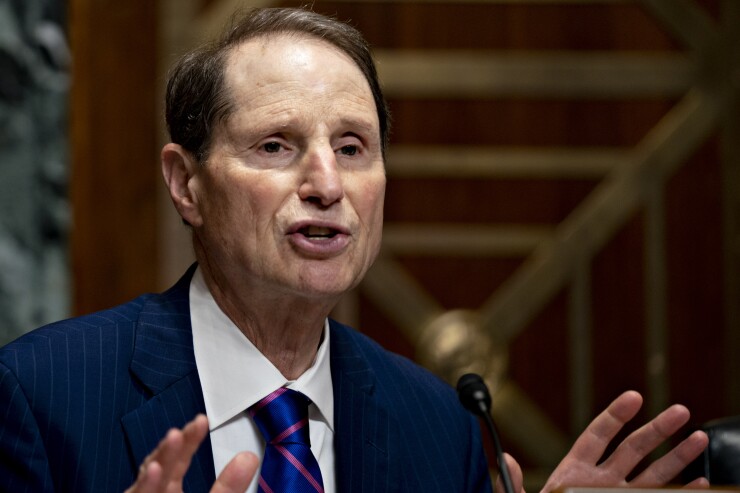Receiving Wide Coverage ...
May the best system win
The Federal Reserve voted 4-to-1 build a new real-time payments system, “providing a public option to another real-time network built by big banks. The new system would allow bill payments, paychecks and other common consumer or business transfers to be available instantly and round-the-clock, a change from the government’s current system that is closed on weekends and can at times take days to settle a transaction.” The new system, called FedNow, is expected to be available in 2023 or 2024.
“Big banks had waged a lobbying effort to stop the Fed from developing the new system,” the Wall Street Journal noted. The banks “have invested a total of about $1 billion in their own instant-payments system, launched in 2017 and operated by Clearing House Payments Co. They argued a competing Fed system would delay the spread of faster payments, with some smaller banks likely to wait until the central bank launches its system.”
But “the
Fed governor Lael Brainard said “a single, private-sector real-time payments service
Big banks “fear that Silicon Valley companies could use the Fed system to
Small banks have waited years for the Fed to build its own real-time payment system.
“The announcement
Time for a change
The stock of HSBC, which ousted its CEO John Flint “after barely 18 months in the job,” “has fallen dramatically,” the Journal notes. “It traded at a multiple of more than 14.5 times forward earnings in dollar terms when Mr. Flint took over: That is now just 10.6 times.”
“The bank wants a
Mr. Flint, who has worked for the bank for 32 years,
Wall Street Journal
What the hack?
Sen. Ron Wyden, D-Ore., “is pressing Amazon.com for answers on its cloud-computing technology at the heart of the Capital One hack.” In a letter to Amazon CEO Jeff Bezos, Wyden “requested details about the security of Amazon’s cloud service,” specifically about configuration errors in Amazon’s cloud, which the bank blamed for the hack.

“When a major corporation loses data on a hundred million Americans because of a configuration error, attention naturally focuses on that corporation’s cybersecurity practices,” Wyden’s letter said. “However, if several organizations all make similar configuration errors, it is
Financial Times
Change those PINs
In the U.K., meanwhile, Monzo, one of the country’s leading challenger banks, “has
Out of focus
Interest rates on U.S. credit cards have jumped past 17%,
Majority stake
JPMorgan Chase has purchased a majority stake in its Chinese joint venture, China International Fund Management, “
Follow the leader
UBS, which recently announced it would charge wealthy customers in Switzerland a fee for depositing large amounts of money as a response to negative interest rates, “believes its move — as the largest wealth manager in the world — is
Quotable
“I do not see a strong justification for the Federal Reserve to move into this area and crowd out innovation when viable private-sector alternatives are available.” — Federal Reserve Vice Chairman for Supervision Randal Quarles, the





